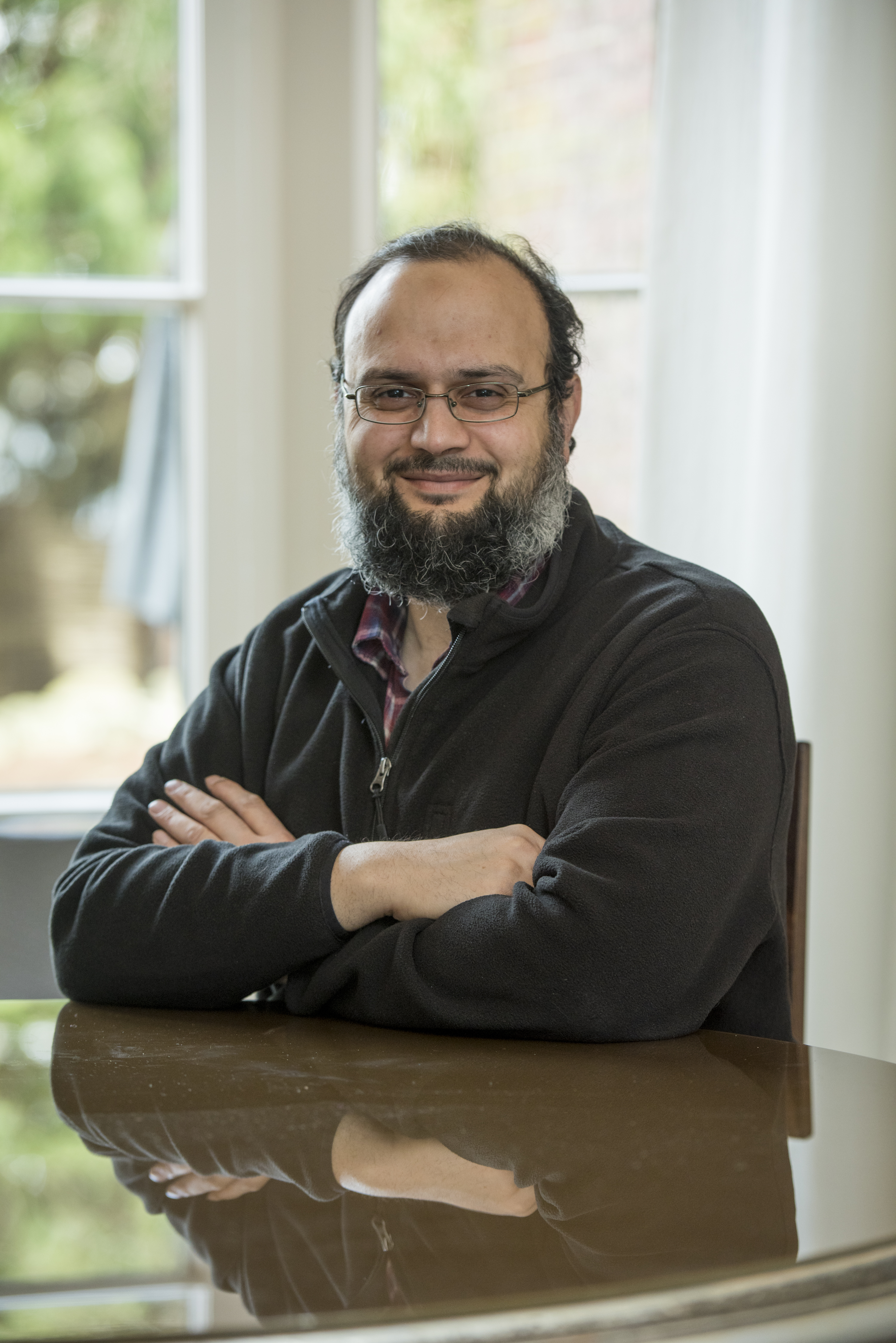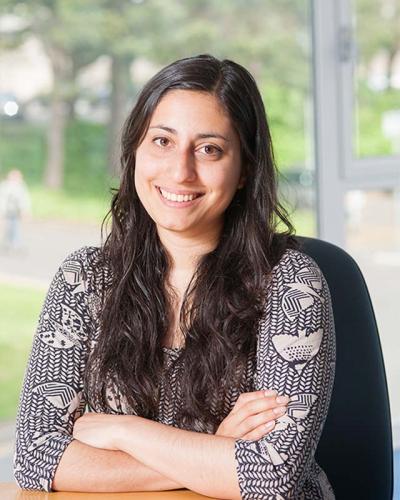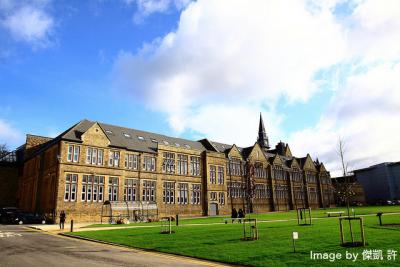Venue
CW17 took place from 27th to 29th March 2017 at the Leeds University Business School, University of Leeds. In order to prepare for your visit, you can find out more information about the practical side of things such as travel and accommodation.
Registration
Registration has now closed but you can find out who attended the workshop.
Programme
CW17 brought together a diverse group of people, creating a dynamic space for various activities. Here are some highlights from the event:
For a comprehensive overview, explore the complete agenda.
CW17 Themes: Internet of Things and Open Data
CW17 attendees will gain insight into the topics of IoT and Open Data and how these impact and will impact on research. It is also an ideal opportunity to form collaborations (on average, attendees of CW’s start two new collaborations by attending) and to discuss topics proposed by attendees. CW17 is a great place to network and participants will meet many of the new and existing Software Sustainability Institute's Fellows—key ambassadors in varied research domains.
Some aspects of IoT and Open Data covered in the workshop are:
- IoT as a source of data for research
- IoT use-cases in research
- How could IoT be relevant to and have an impact on your research?
- Benefits of Open Data
- Overlaps between IoT and Open Data
- Human factors in successful research using IoT and Open Data
The Internet of Things (IoT) and Open Data are two of the hottest topics at the moment. Both already have and will continue to have a remarkable influence on our everyday lives. However, what impact do IoT and Open Data have on research, how can researchers benefit from them and work towards making their data into Open Data and where do Open Data and IoT converge? The Software Sustainability Institute invited all members of the research software community to explore and discuss these and other questions at CW17.
The Internet of Things refers to devices, gadgets and electronic items with network connectivity (e.g. mobile phones, tracker bands) that send and receive data to and from each other. Researchers currently use IoT to collect raw data and analyse it to obtain new insights. The concept “Open Data”—which can originate from, but is not limited to, raw data from IoT devices— states that all data should be free to use, reuse and distribute. Open data has become an essential resource for research and industry as it allows interoperability of different (open) data sets. While there is an array of applications that stem from using IoT and Open Data, one of the major drawbacks is the restriction on the data collected from IoT devices; i.e. it is often not widely accessible nor can it be used or shared openly.
Monitoring and tracking across devices for research purposes becomes possible only if the data is open—this is where IoT and Open Data overlap. For instance, Leeds Data Mill is an ambitious project that wants to "tackle the challenge of increasing demands and decreasing resources in Leeds" by enabling "people and organisations to explore the different complex relationships between the city’s services and businesses, by collecting Open Data from multiple sources", the source include data collected using IoT approaches. A similar initiative is the Future City Glasgow which also collects data sets, such as the Glasgow Cycling App, and makes them available to the public.
Organisation
The Collaborations Workshop is organised by the Software Sustainability Institute's CW17 organisation and events teams with the help of the steering committee and generous support from our partner organisations and sponsors.
Code of Conduct
The SSI values the participation of each stakeholder and want all attendees to have an enjoyable and fulfilling experience. Accordingly, all attendees are expected to show respect and courtesy to other attendees throughout the workshop and at all workshop events, including online.
To make clear what is expected, all attendees, speakers, exhibitors, organisers and volunteers at Collaborations Workshop 2017 are required to conform to the following Code of Conduct. There are several procedures for reporting issues in place which will be enforced by the organisers throughout the workshop.
Additional information
Related blogs and news events:
General information:



